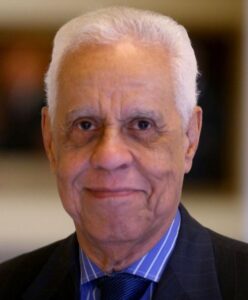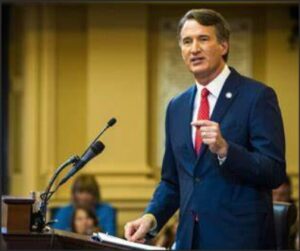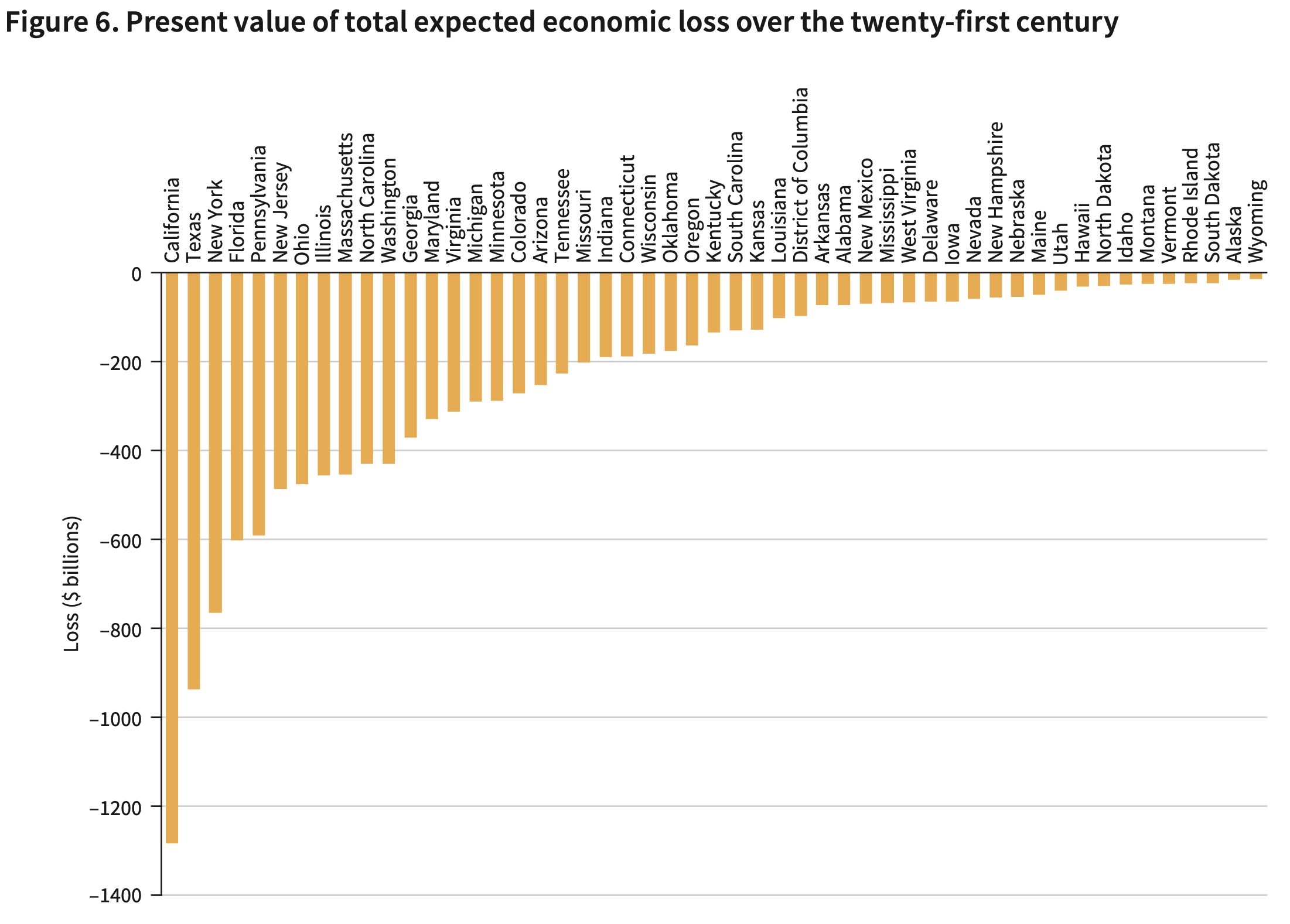by Sherifah Munis
Racial systemic inequalities have recently been brought to the forefront of our national conscience, shedding light on the centuries of policies that have disadvantaged Black and Brown Americans’ ability to build, maintain, and pass on wealth. A striking 2019 statistic shows that the median family wealth (the difference between gross assets and liabilities) for White Americans was $188,200 compared to $24,100 for Black Americans and $36,100 for Hispanic families.
One area of resounding disparity is the inequality between Black and Brown Americans and their White counterparts regarding access to and knowledge of financial literacy – the ability to understand and apply financial skills related to personal financial management, budgeting, and investing. This gap is evident in the research on Black Americans with regard to low home ownership, low participation in the financial marketplace, high credit card and student loan debt, and expensive credit card behavior (such as paying minimum fees, incurring late fees, and taking cash advances).
The financial literacy education in U.S. public schools is inconsistent across states, often integrated into history or other social studies curricula, or only offered as an optional topic. The good news is the Virginia Board of Education approved one standard unit of credit in economics and personal finance as a requirement for high school graduation beginning with students who entered ninth grade in fall 2011. However, as a mom of teenagers, I noticed first-hand that the personal finance classes my kids participated in were varied in that an economics class fulfilling the personal finance requirement didn’t necessarily teach how to create a budget, or what it takes to build and maintain credit, etc. One potential solution to this problem is a standardized, culturally-relevant, and youth-oriented financial literacy program.
Continue reading








 by Jon Baliles
by Jon Baliles
